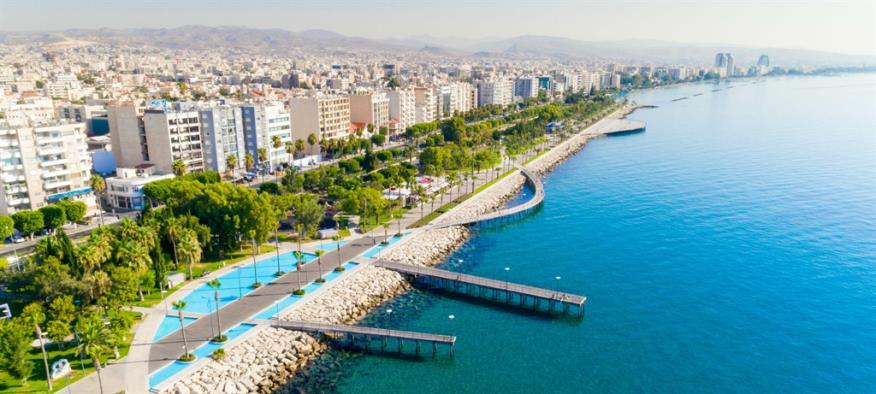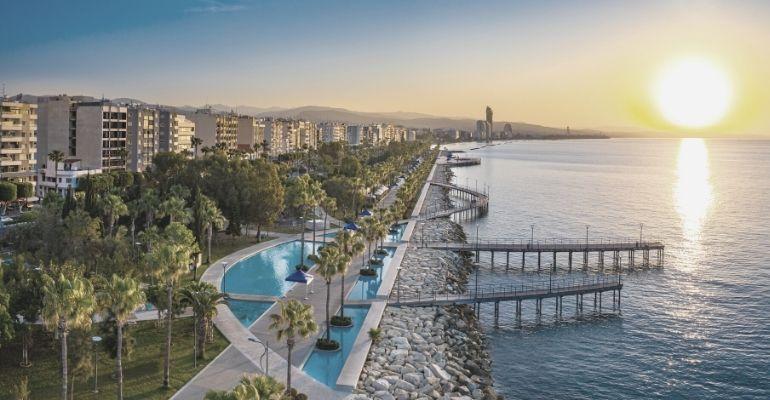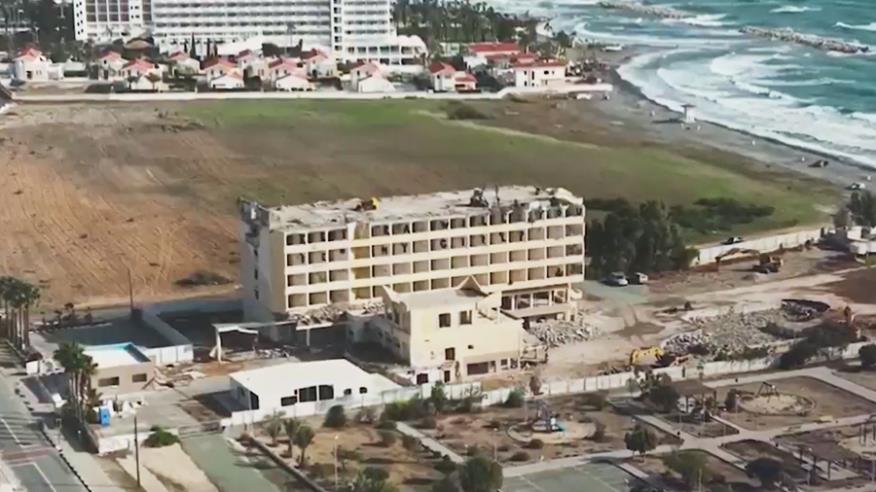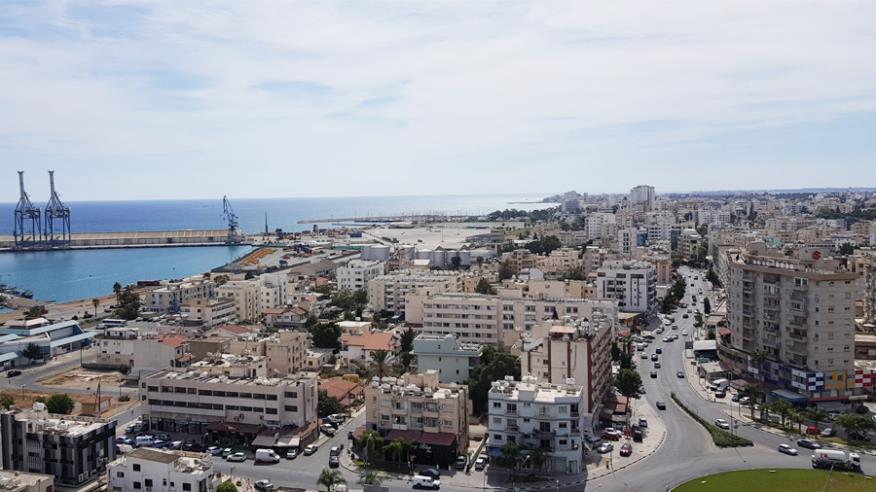

Cyprus looks to become the next investment hotspot post-pandemic
Over the last few years, Cyprus has secured its place on the global investment map.
The small Mediterranean country has seen a surge of development in recent years, with landmark architectural projects and
mixed-use coastal developments mushrooming across the island attracting a swathe of international investment.
Just like the rest of the world though, new projects and plans were put on hold and Cyprus entered into a 10-week lockdown earlier this year
but reopened its airports in June and pledged free medical treatment for any COVID-19 cases to draw tourists back to its beaches.
Its handling of the pandemic was hailed as impressive, with the government also spending
about 10 percent of the gross domestic product to support businesses and workers.
With the country now open for business, plans around tourism, hospitality,
As a fully-fledged European Union member offering a convenient route to European citizenship through
its real estate investment programme, major projects in Cyprus are driven by foreign investors.
“In fact, one in two real estate projects is driven by foreign investors. These are funds that are directly flowing from outside
Europe, with the major markets being Russia, China and the UAE,” says Antoniou.
Through the sale of citizenship, Cyprus has raised 4.8 billion euros since 2013 (figures from 2018), and it is estimated that approximately
3,300 people have been granted citizenship through the Cypriot program. However, in 2018 a decision was made to cap
the maximum number of citizenships granted to investors at 700 per year, something that the government might have to relook at post-COVID-19.


